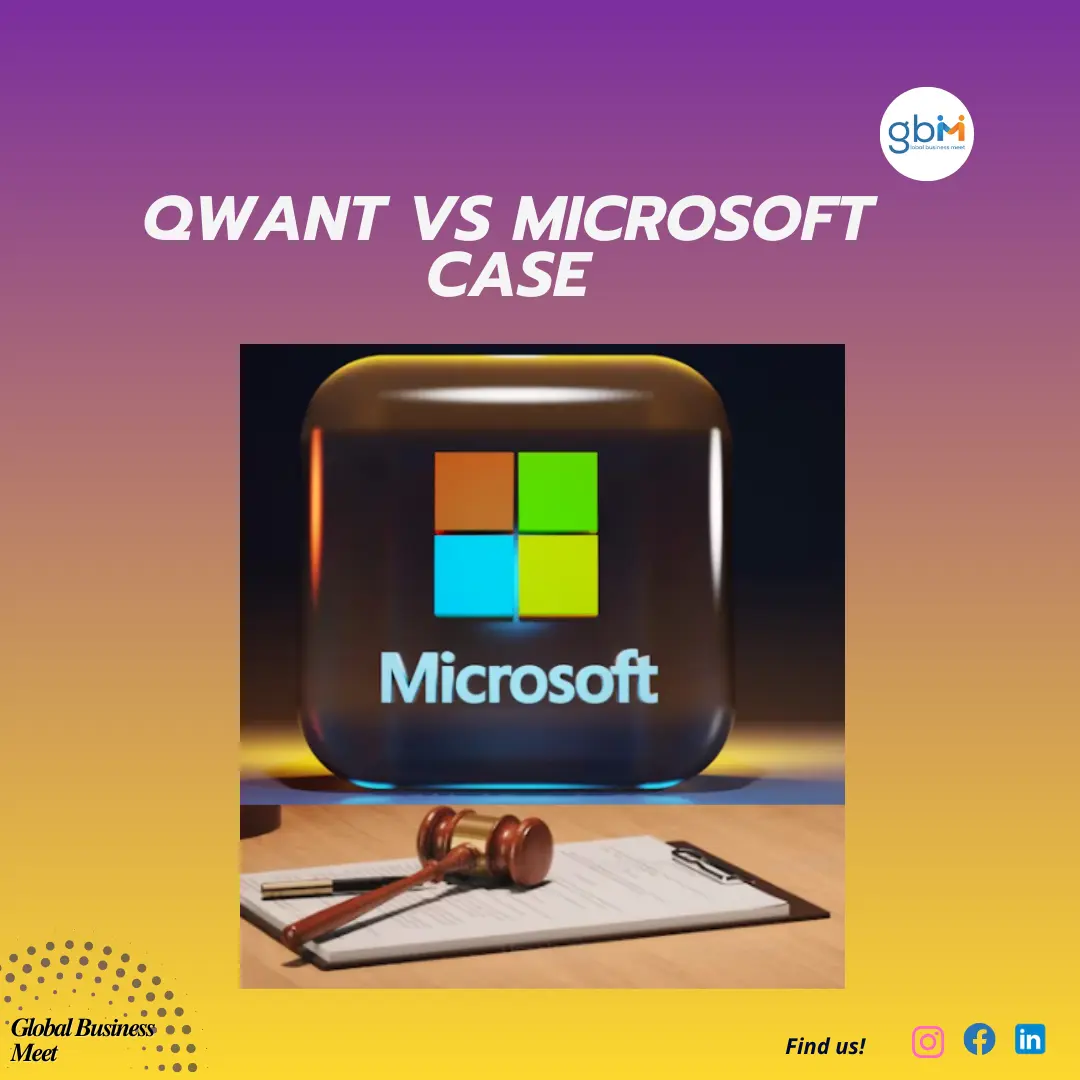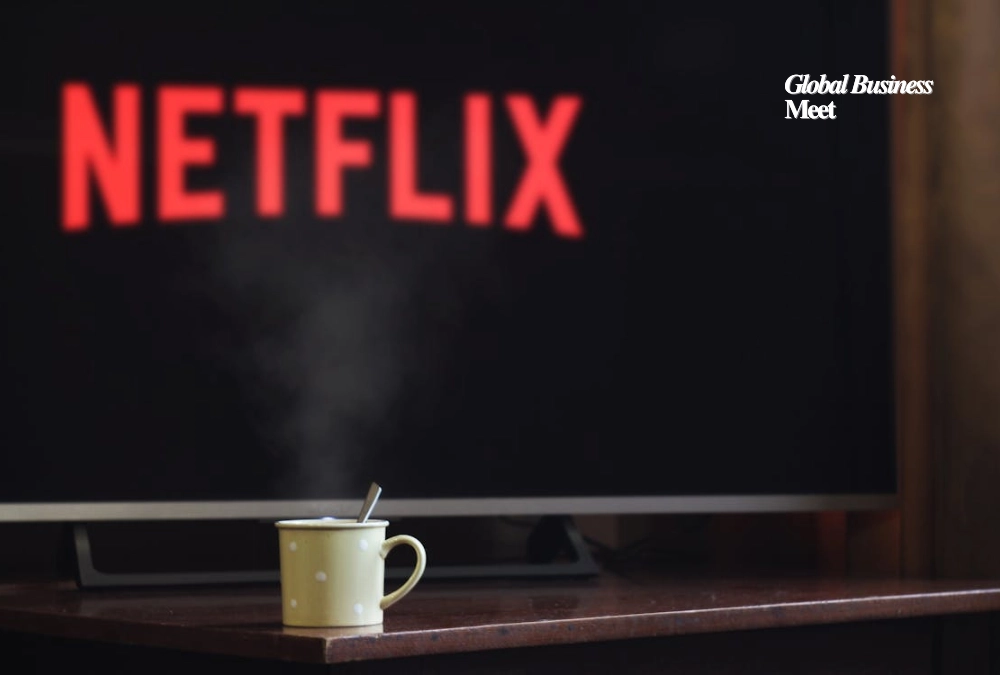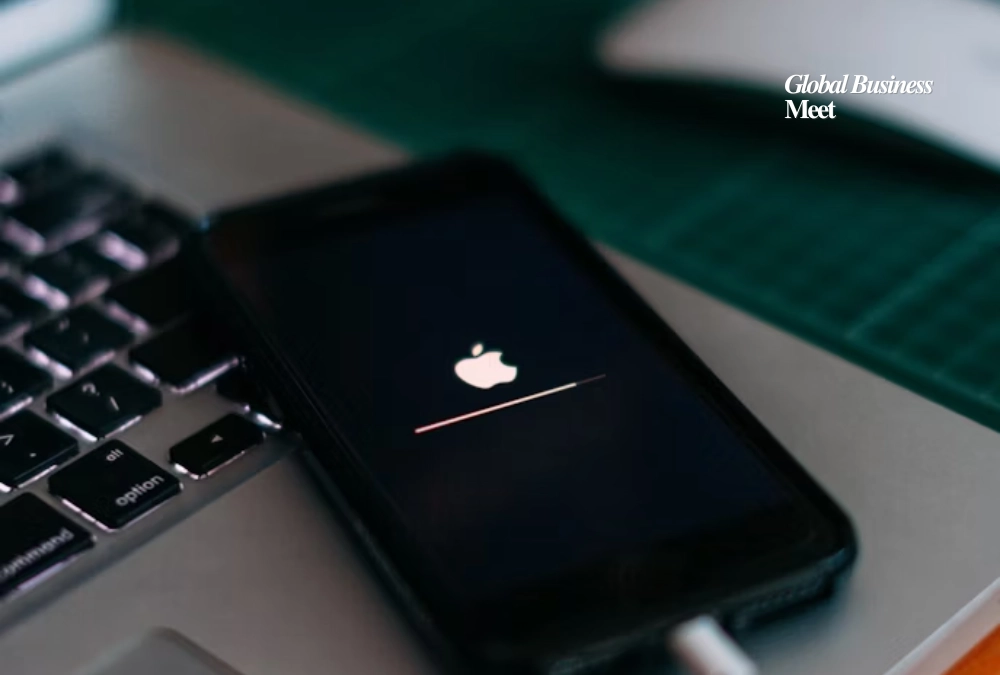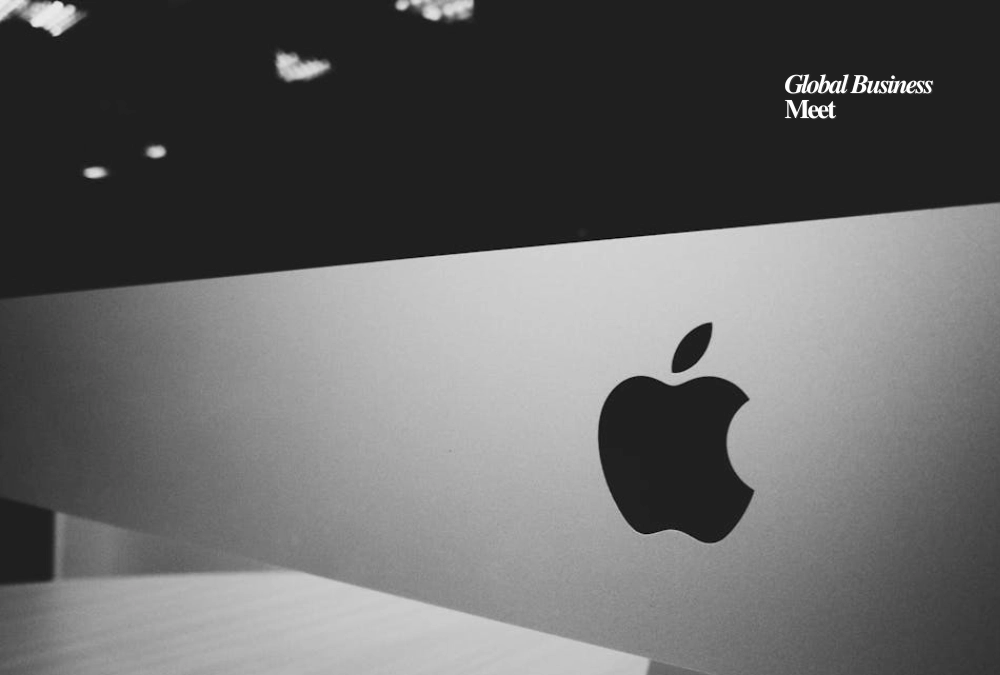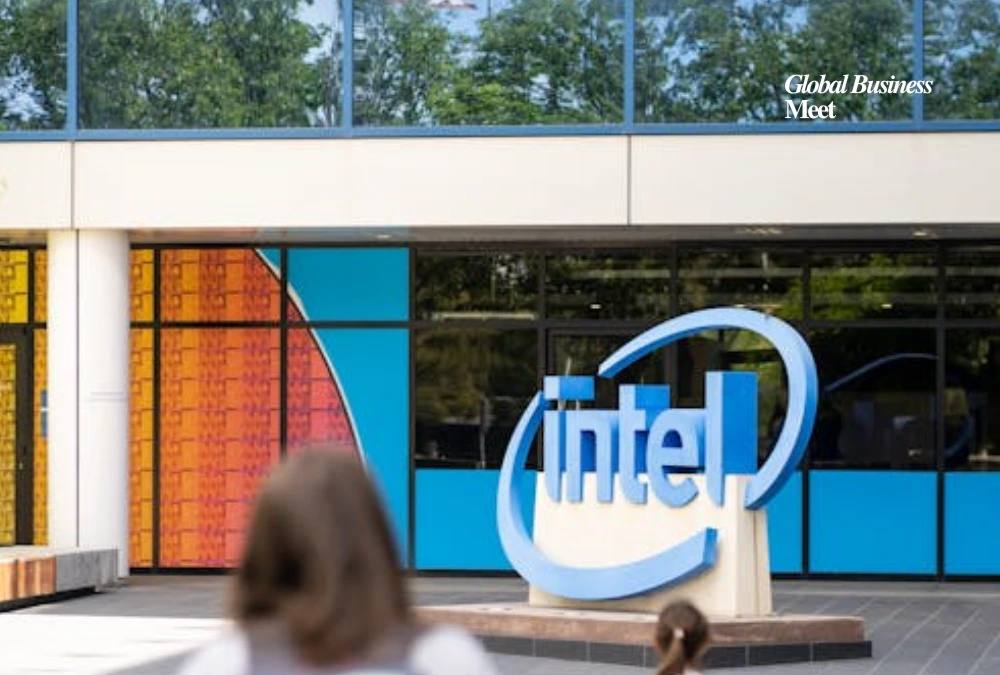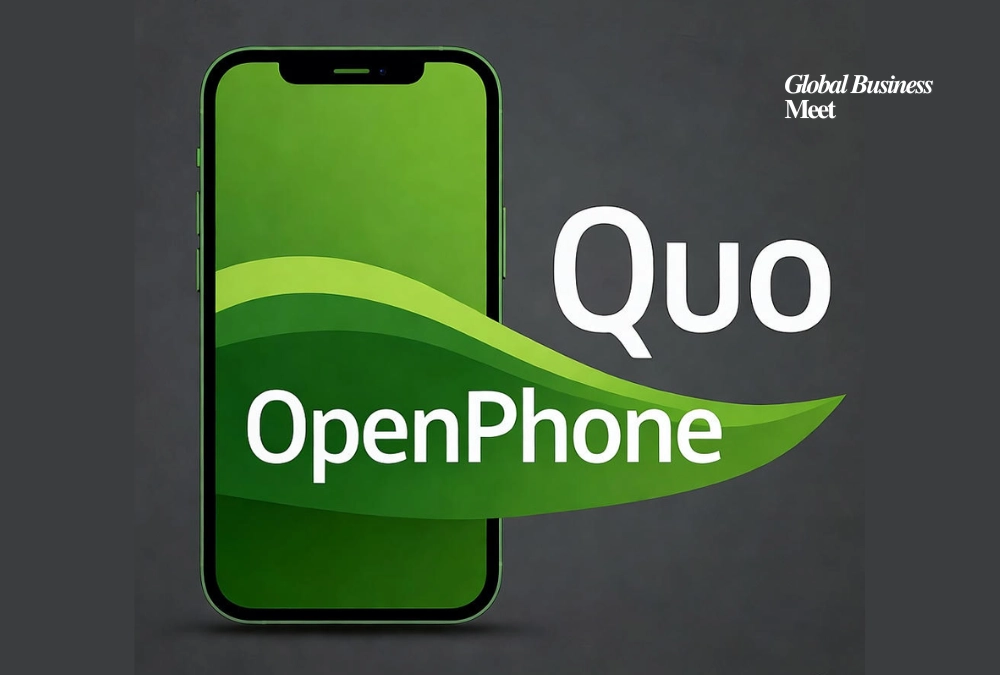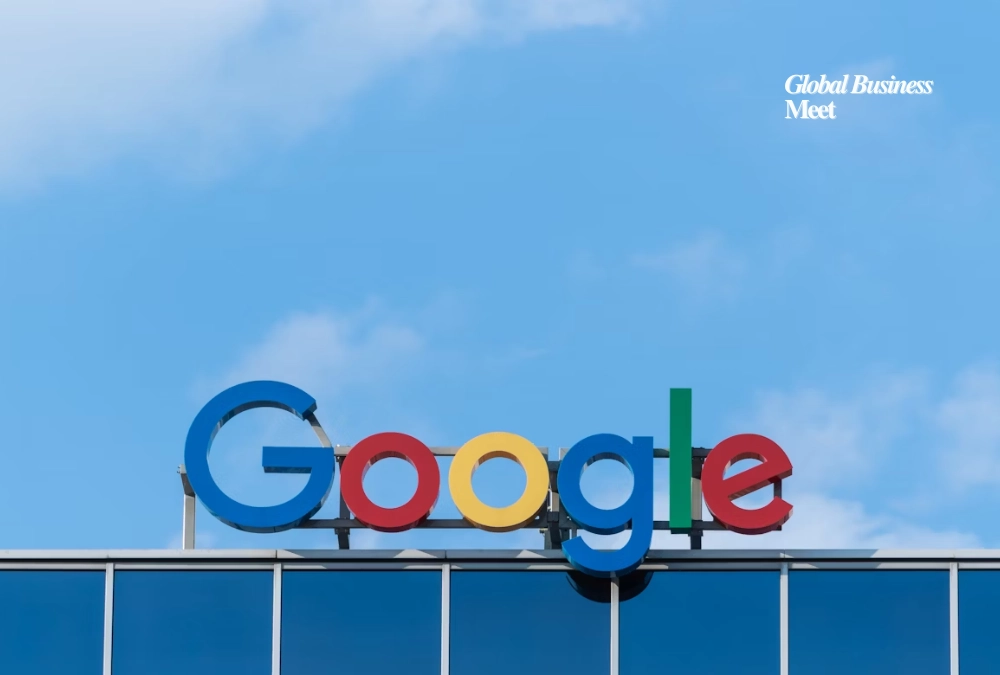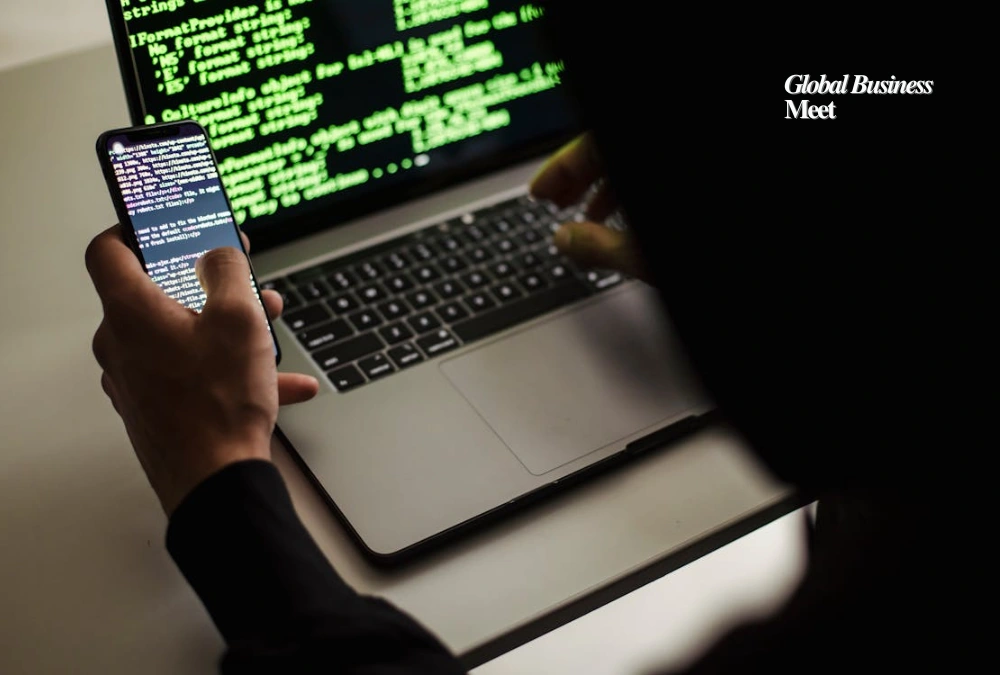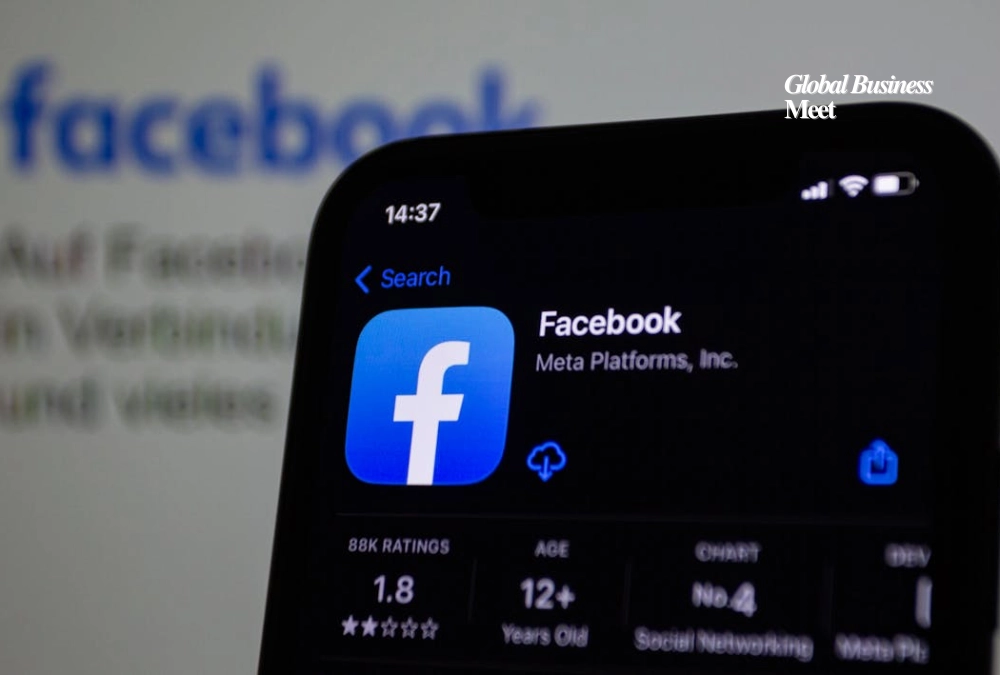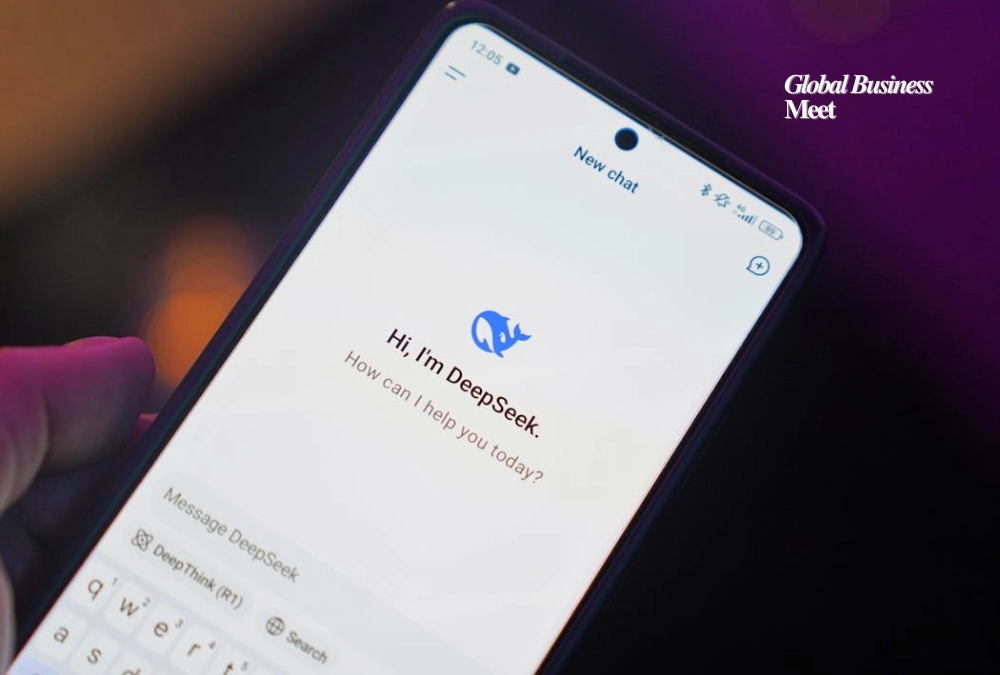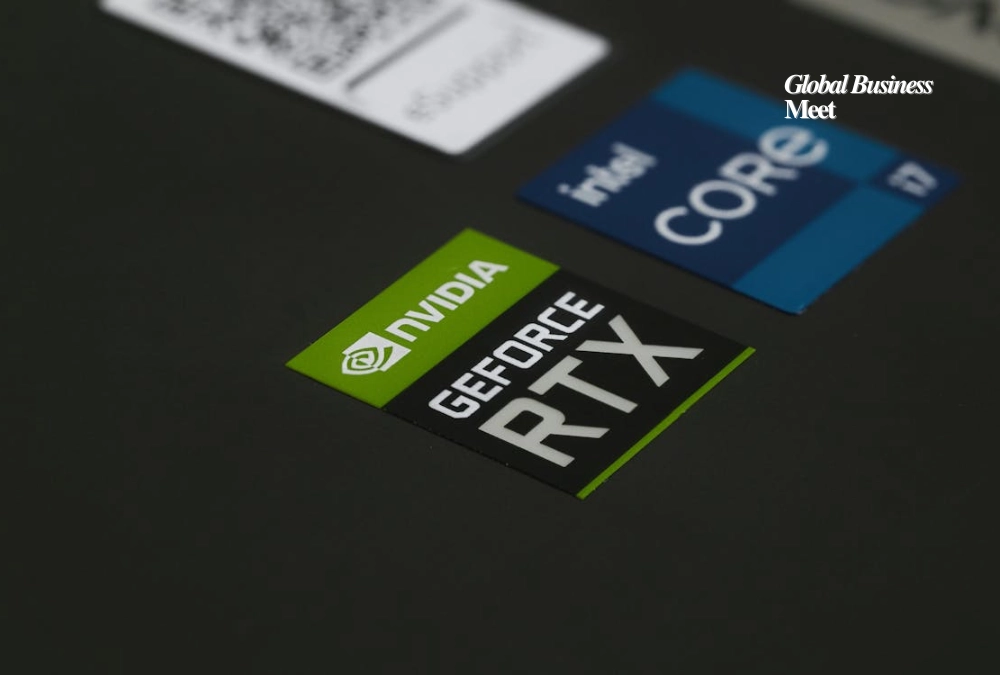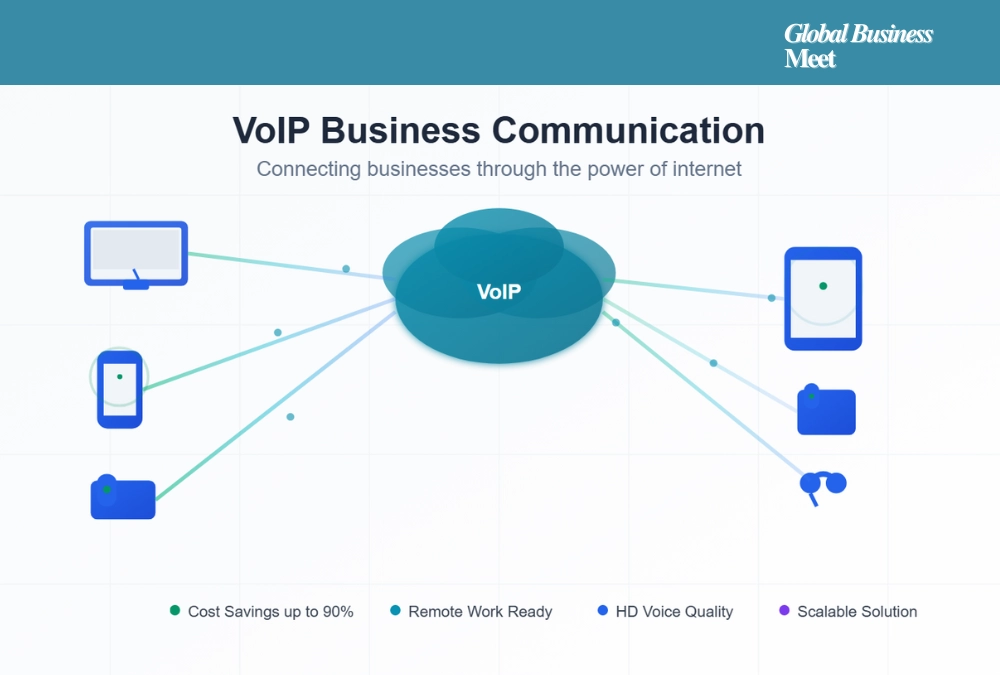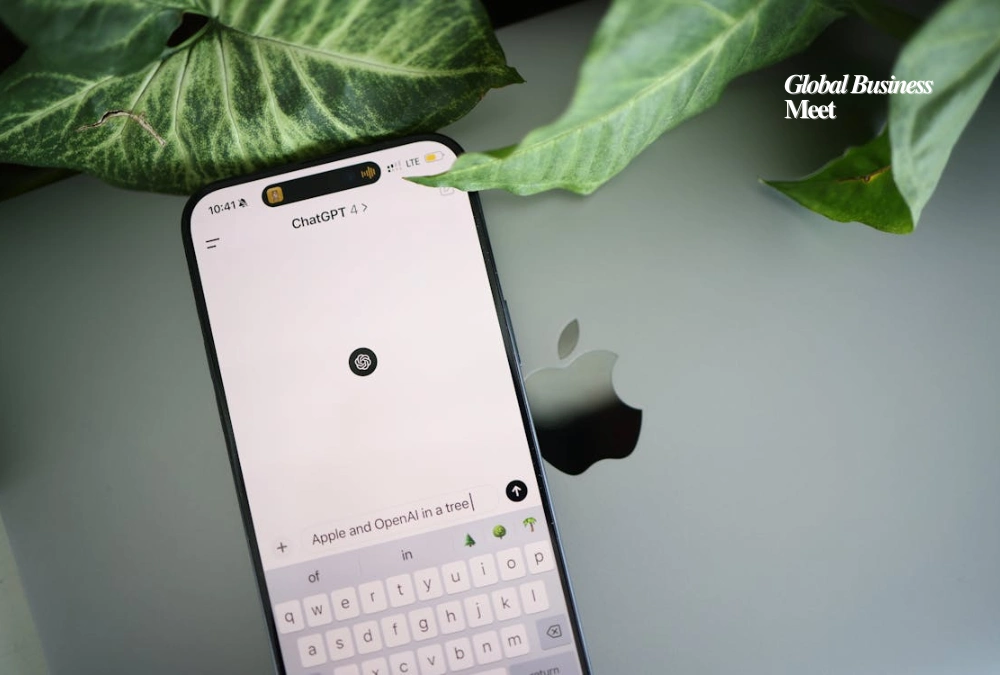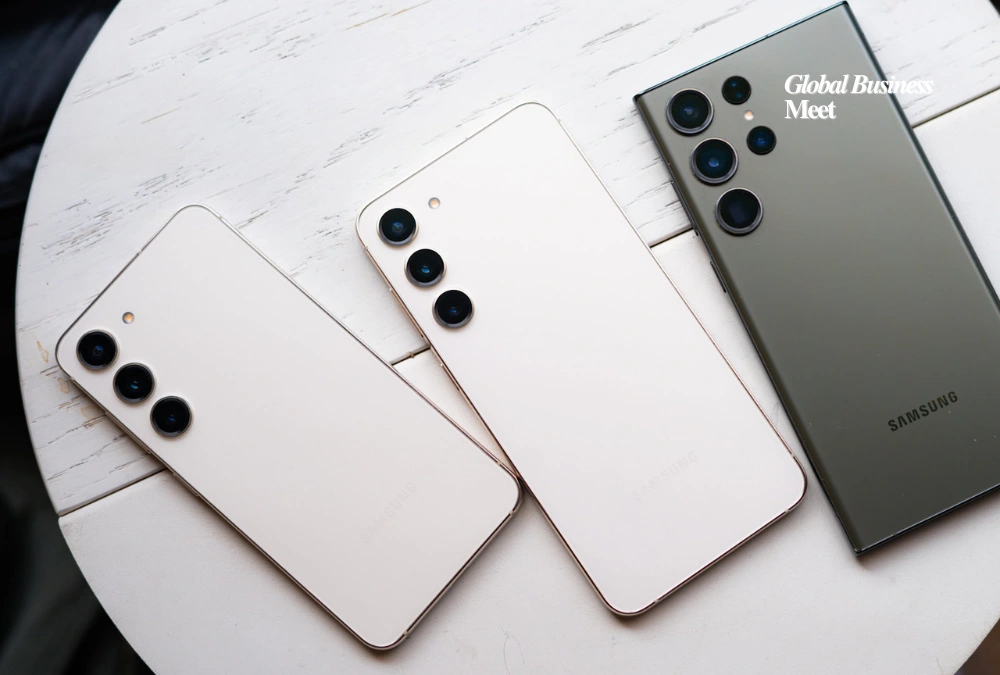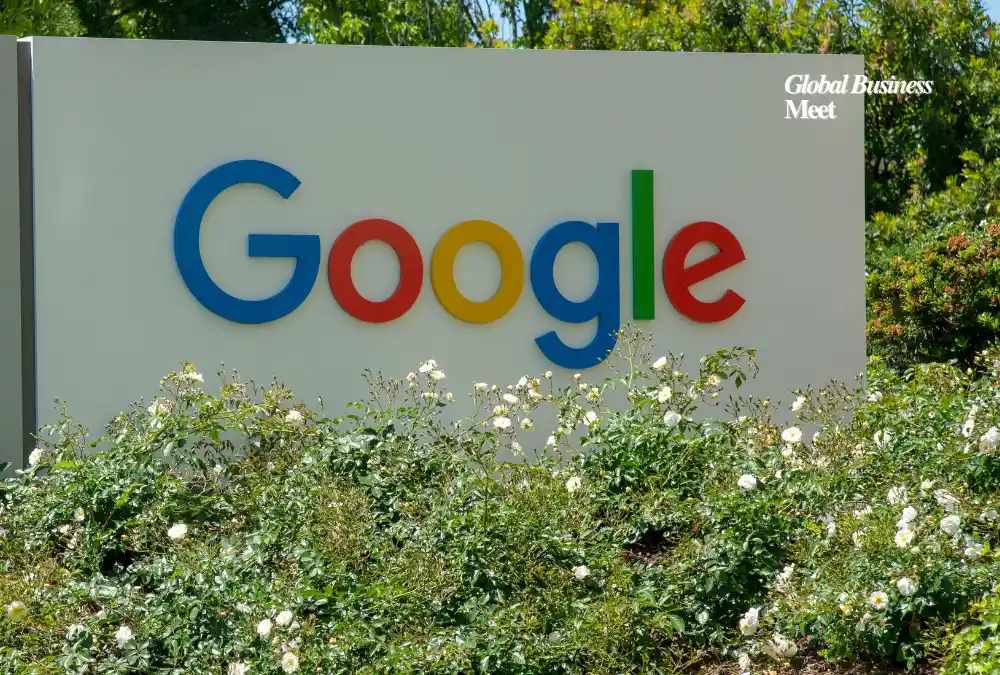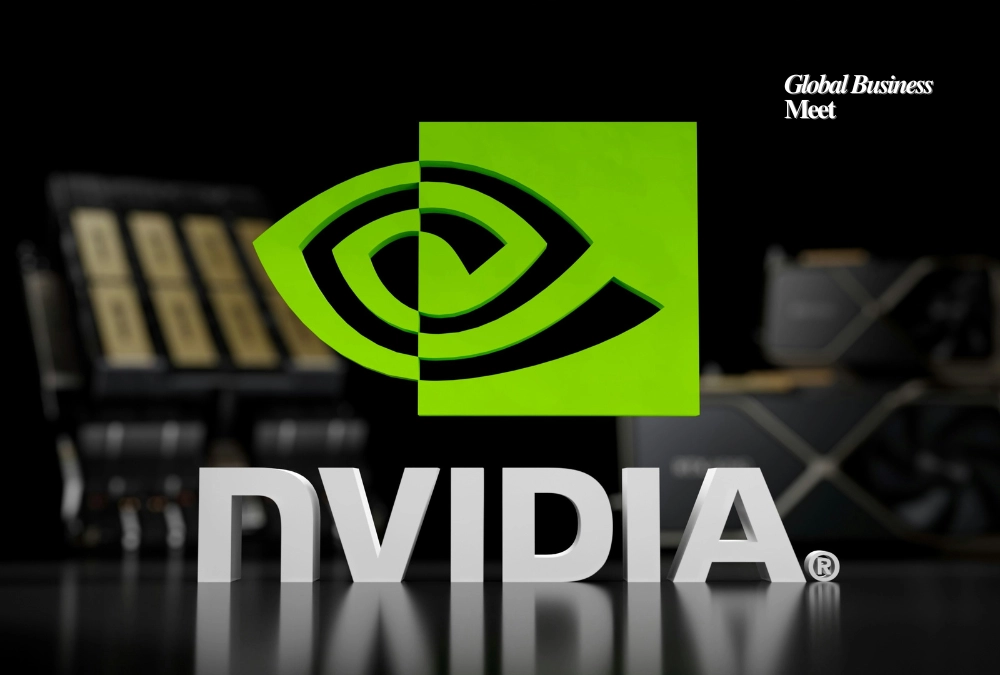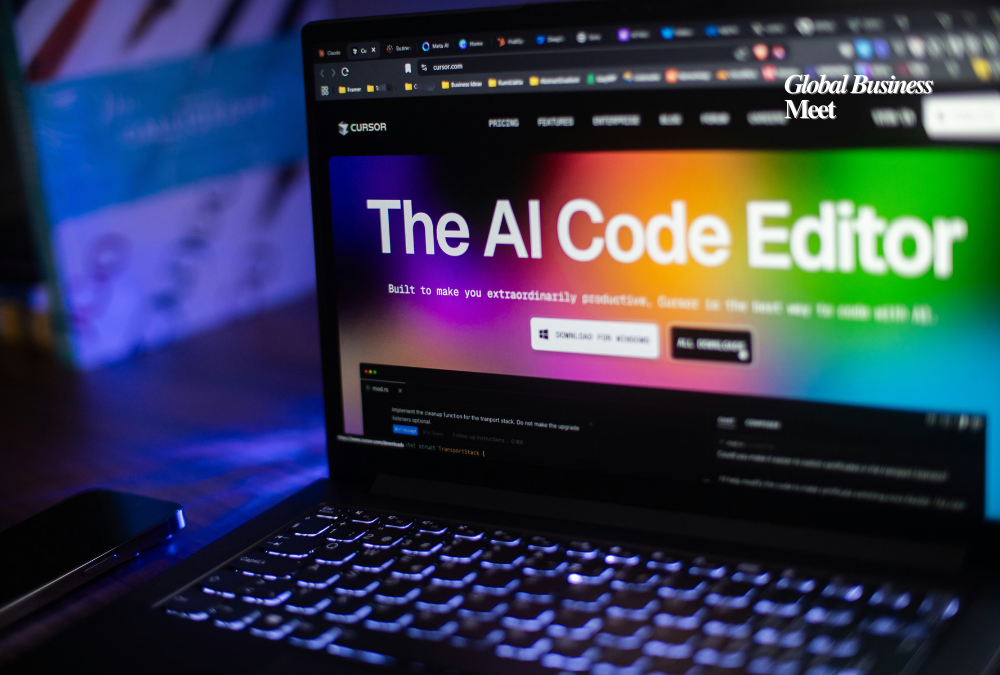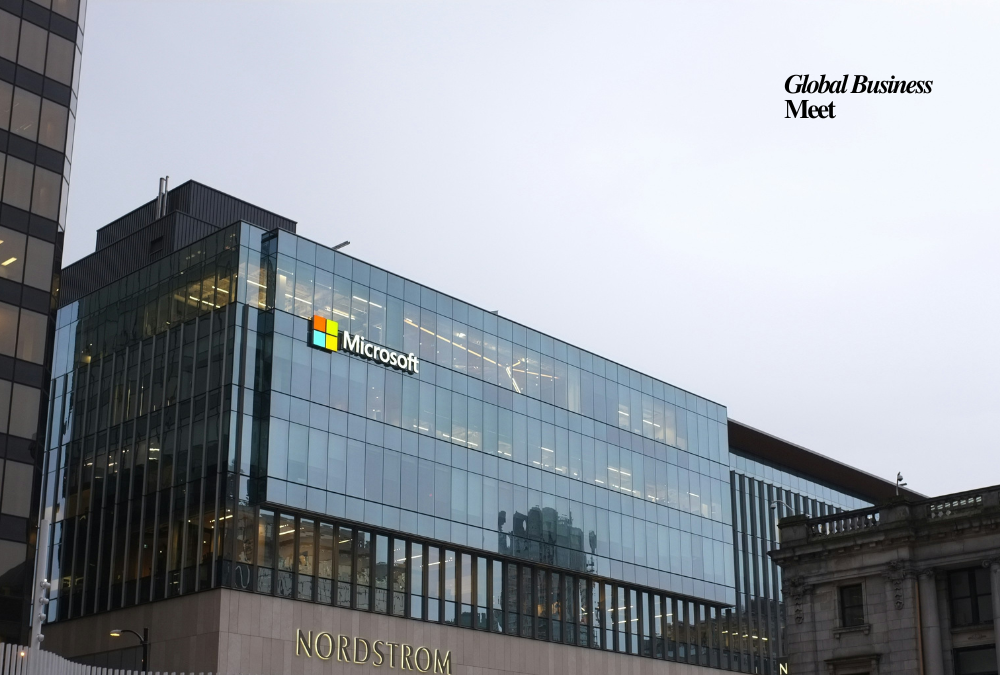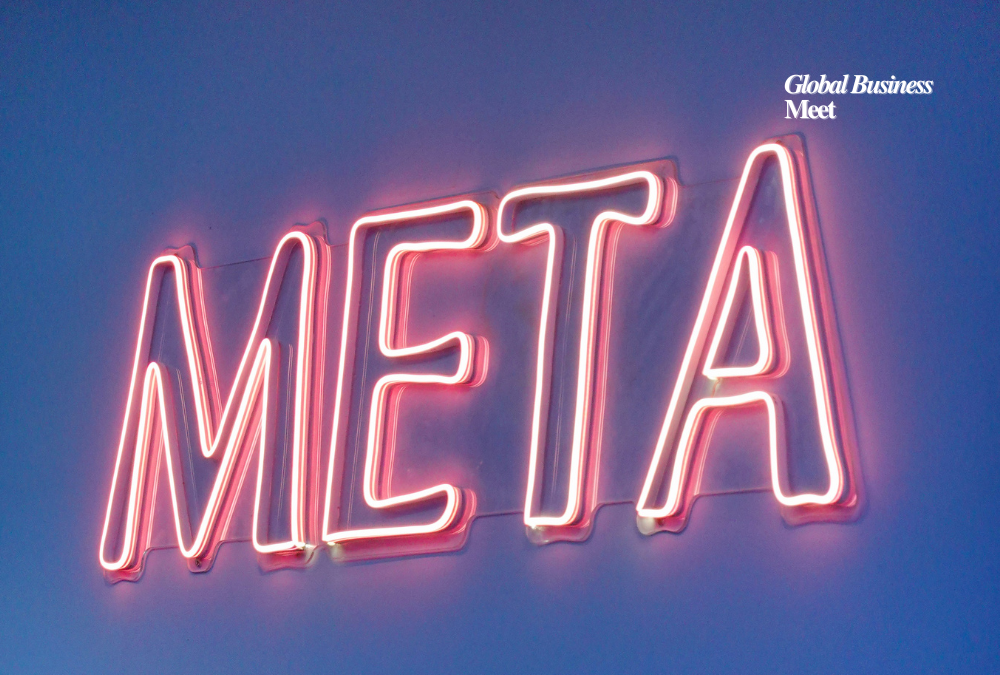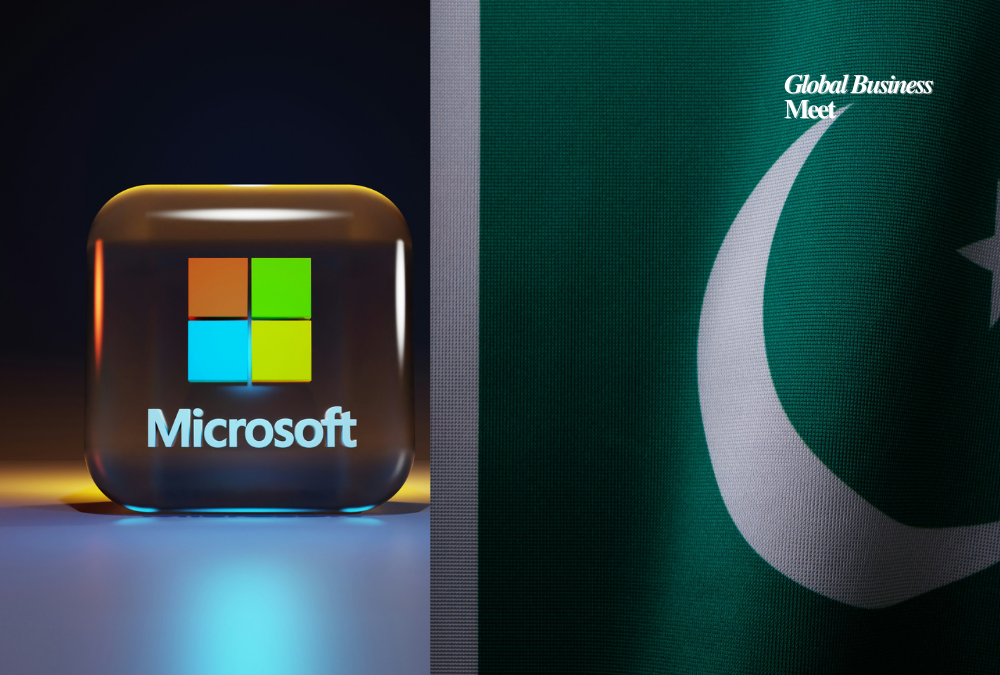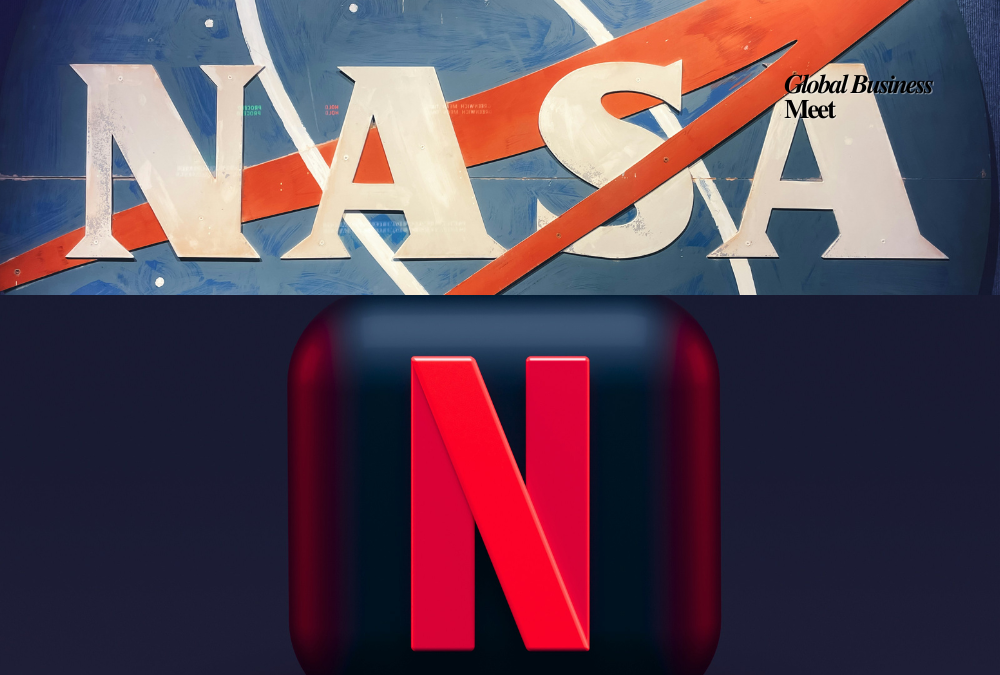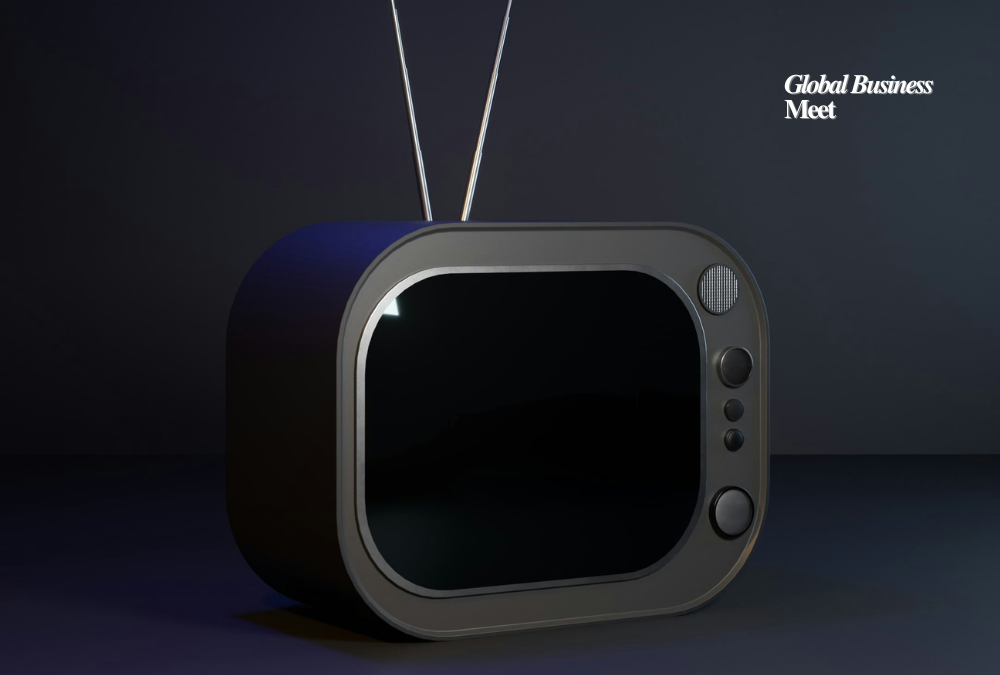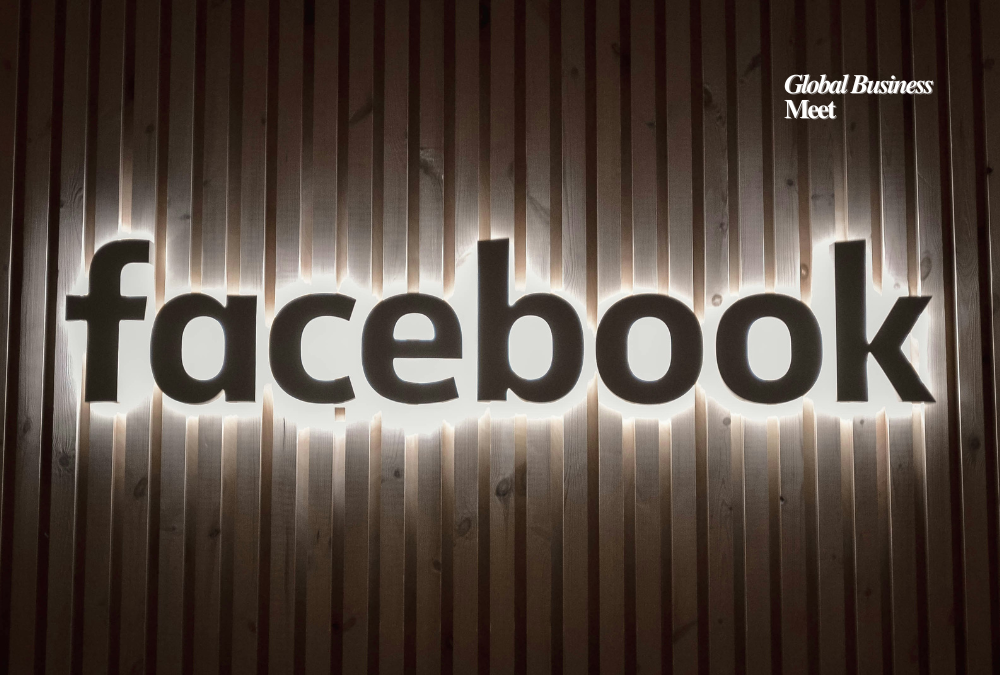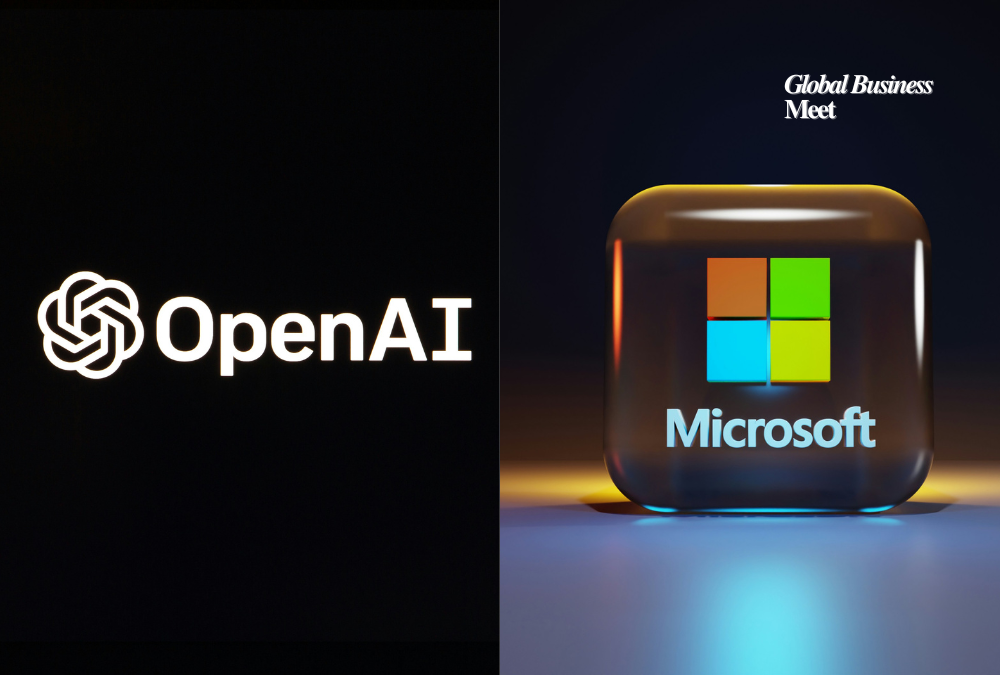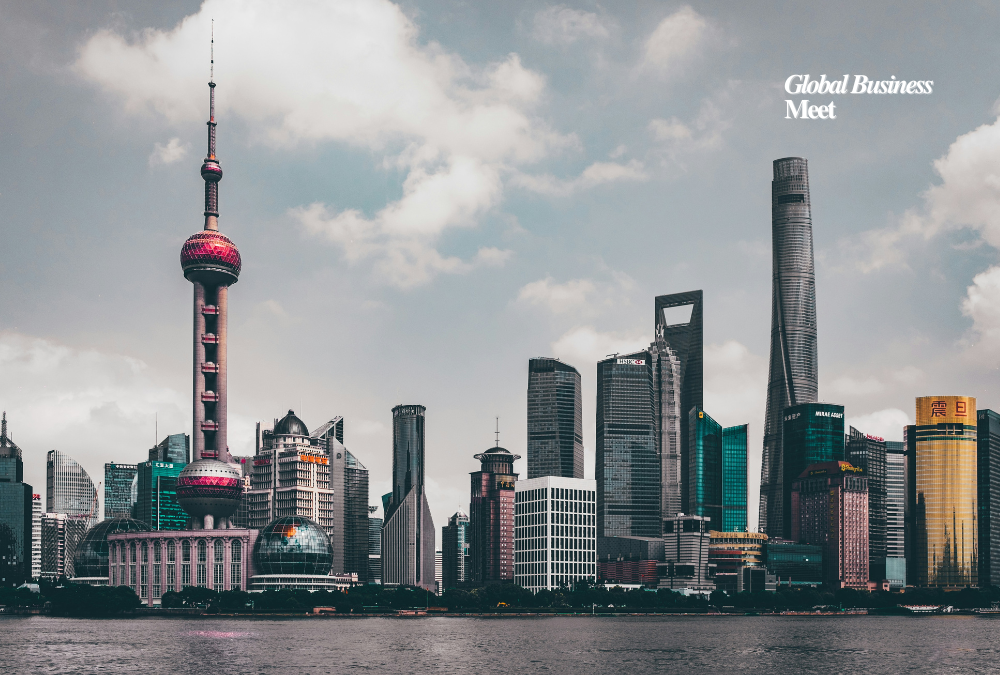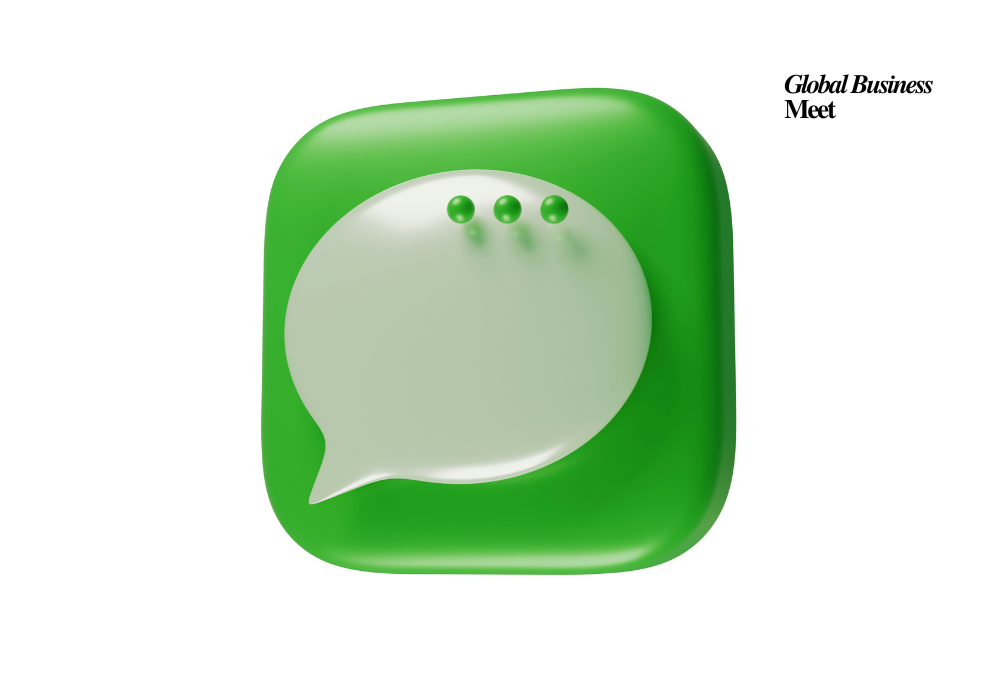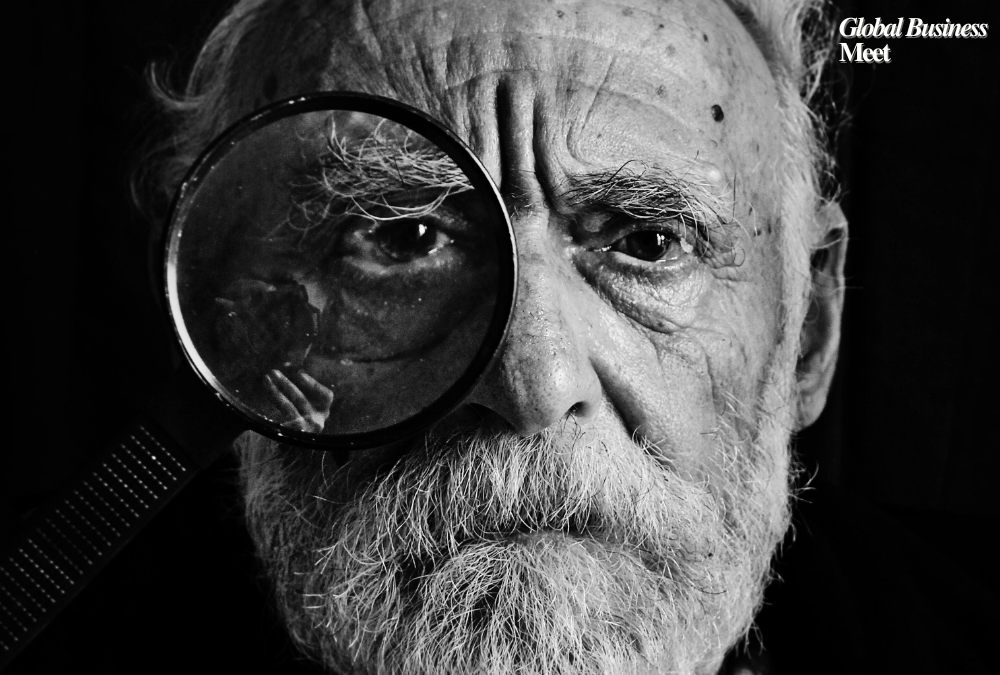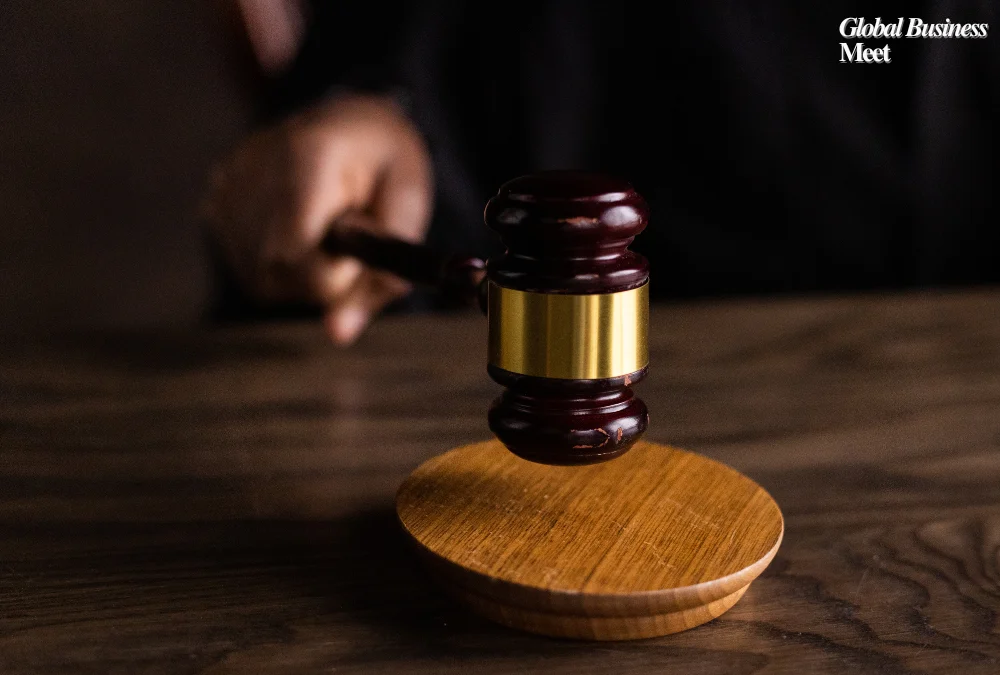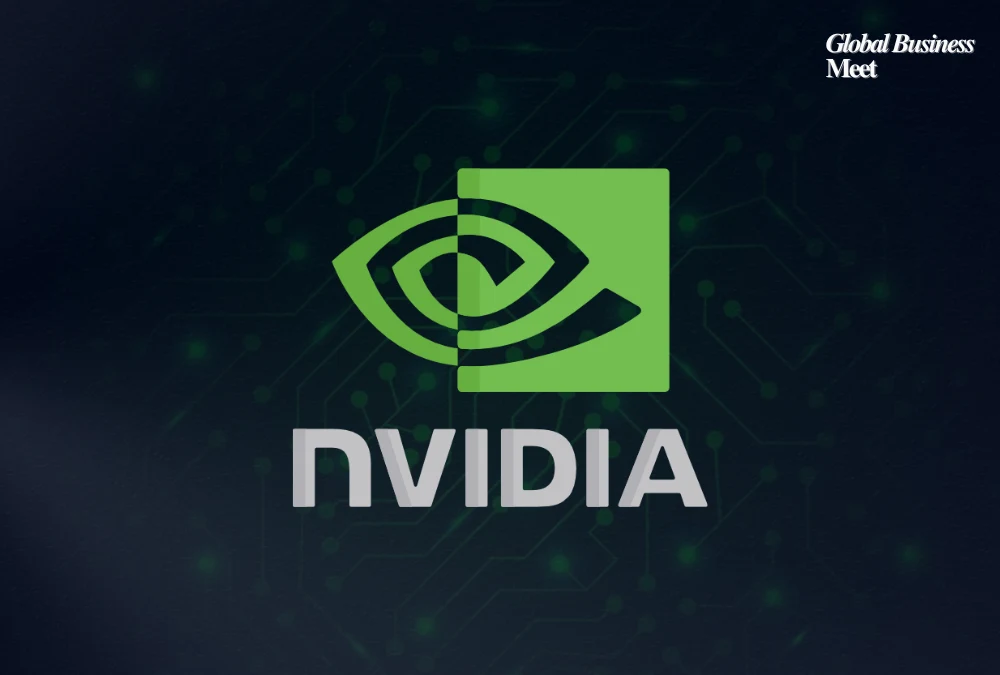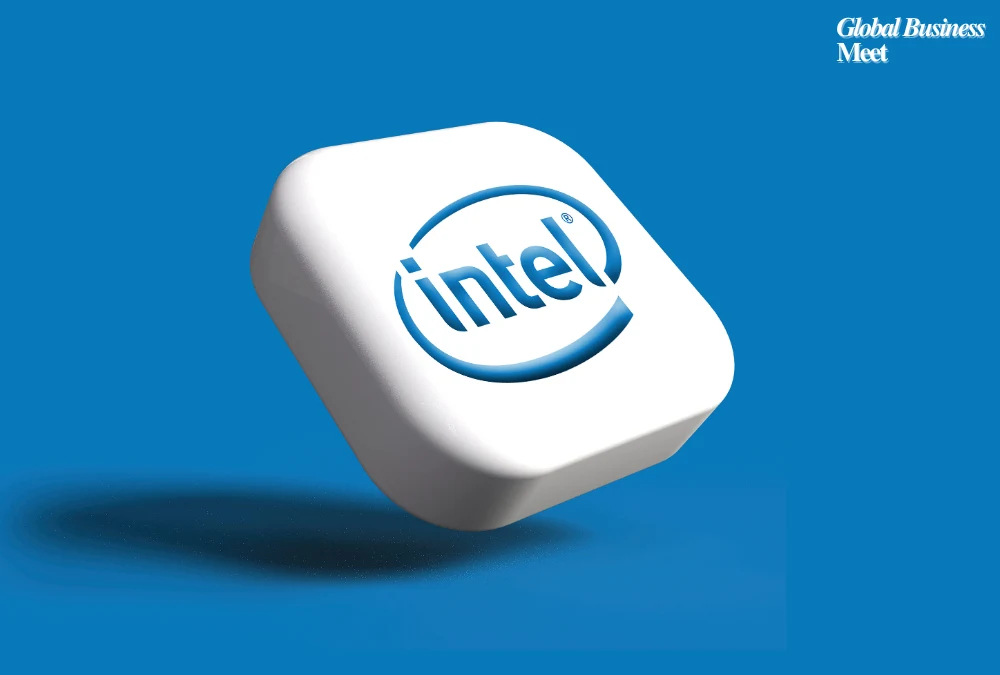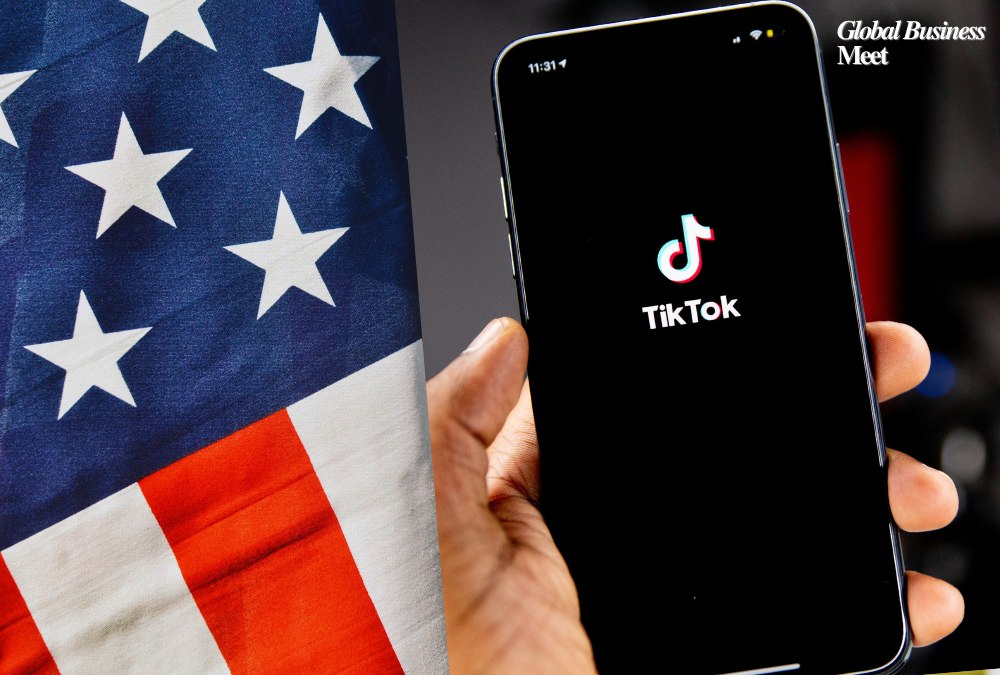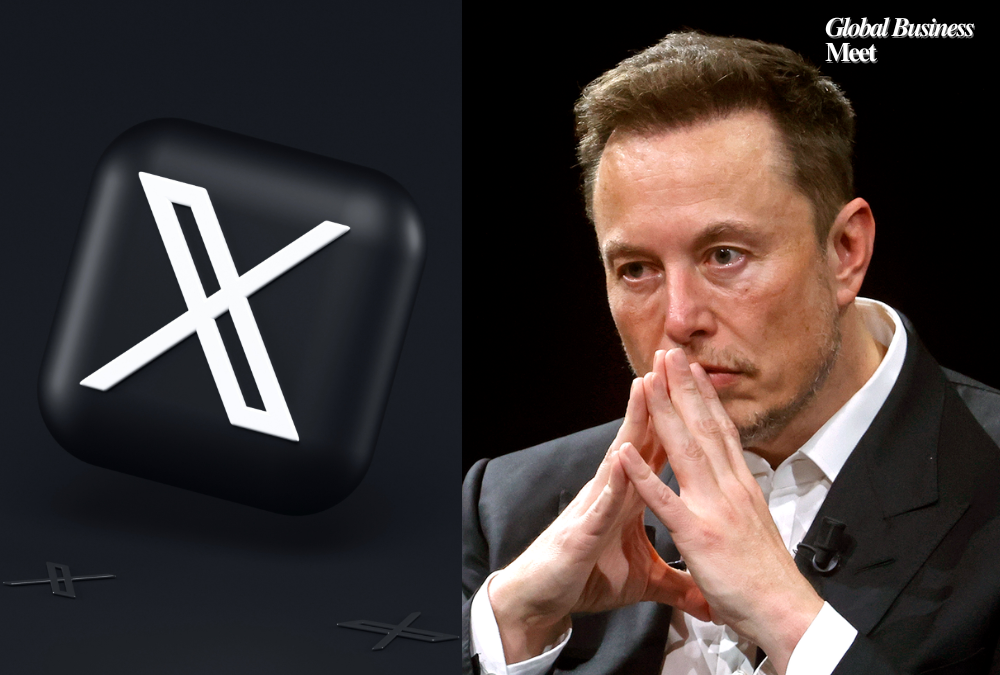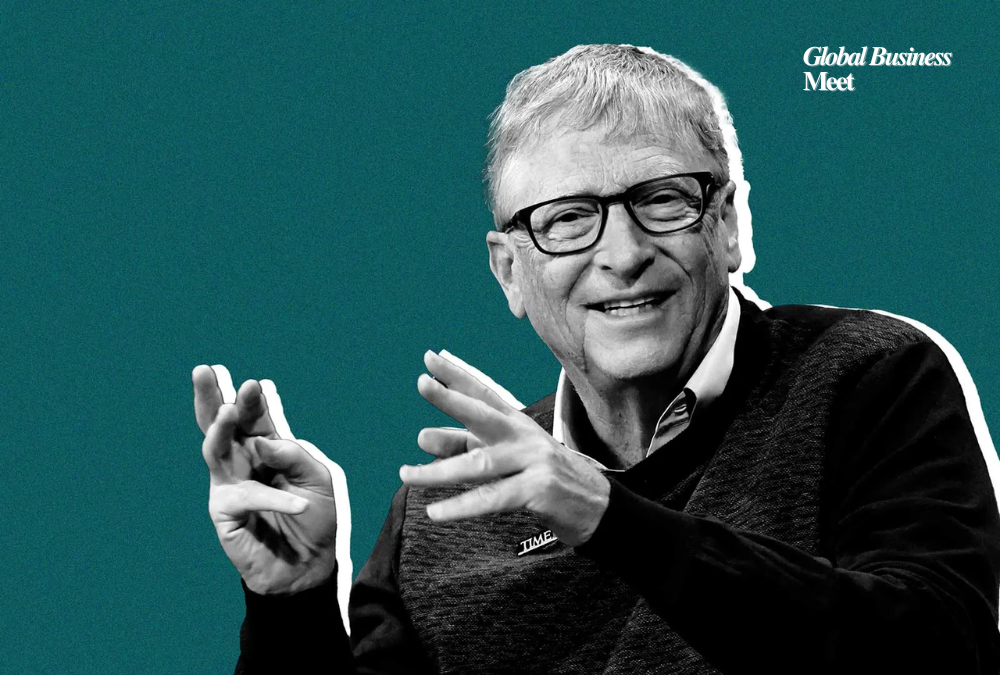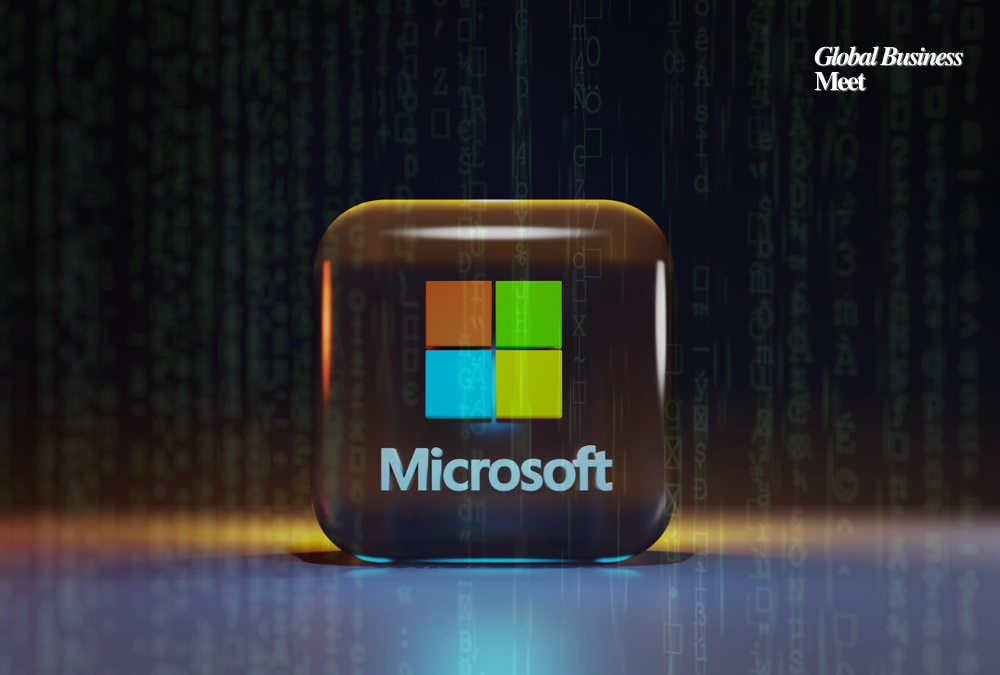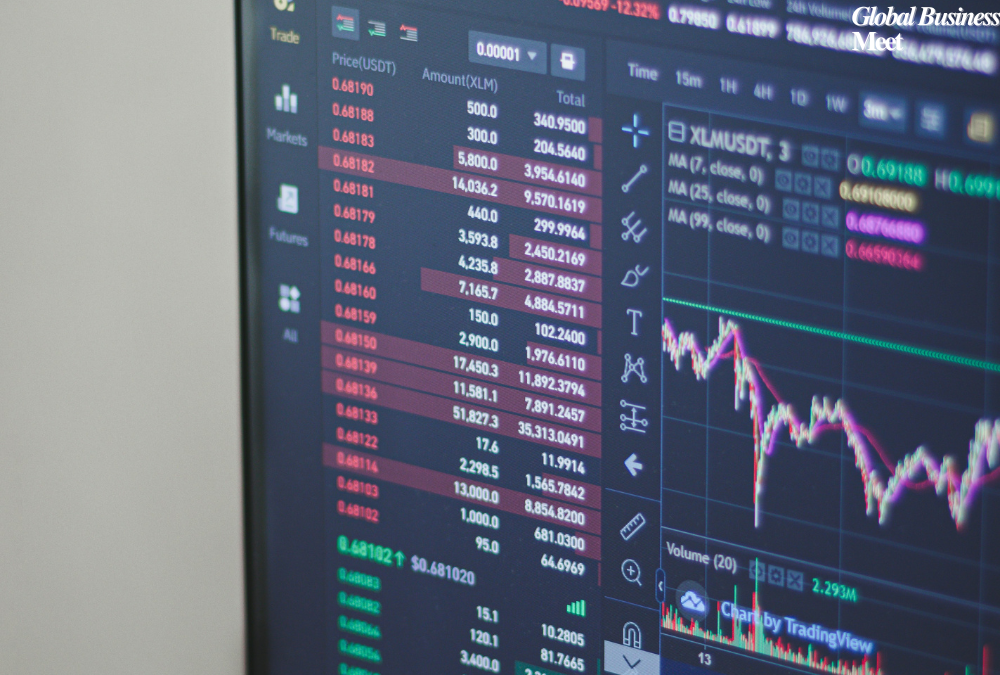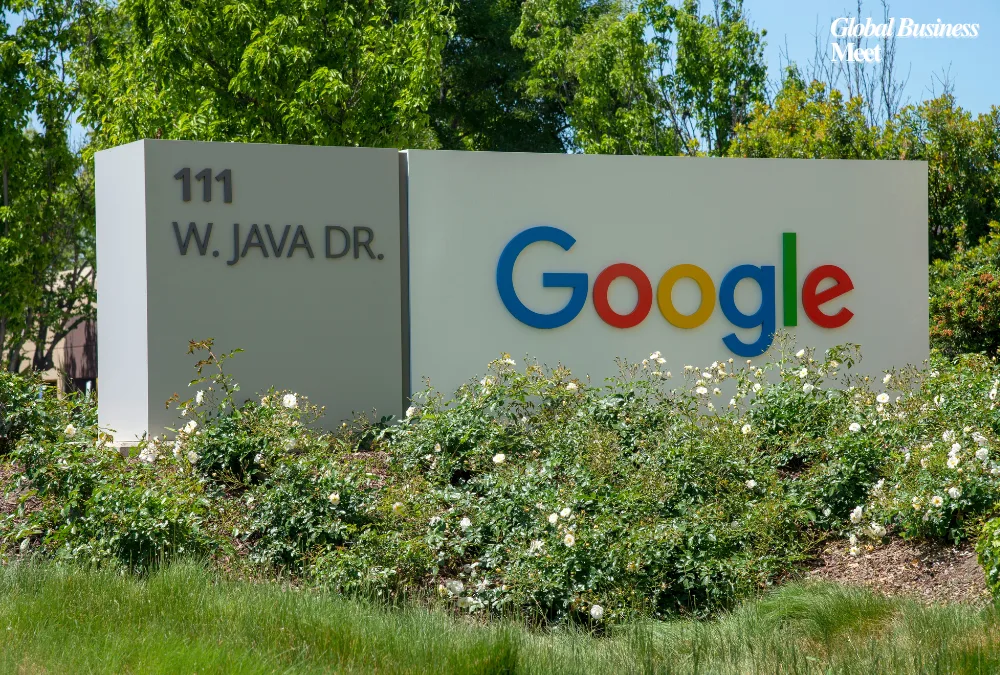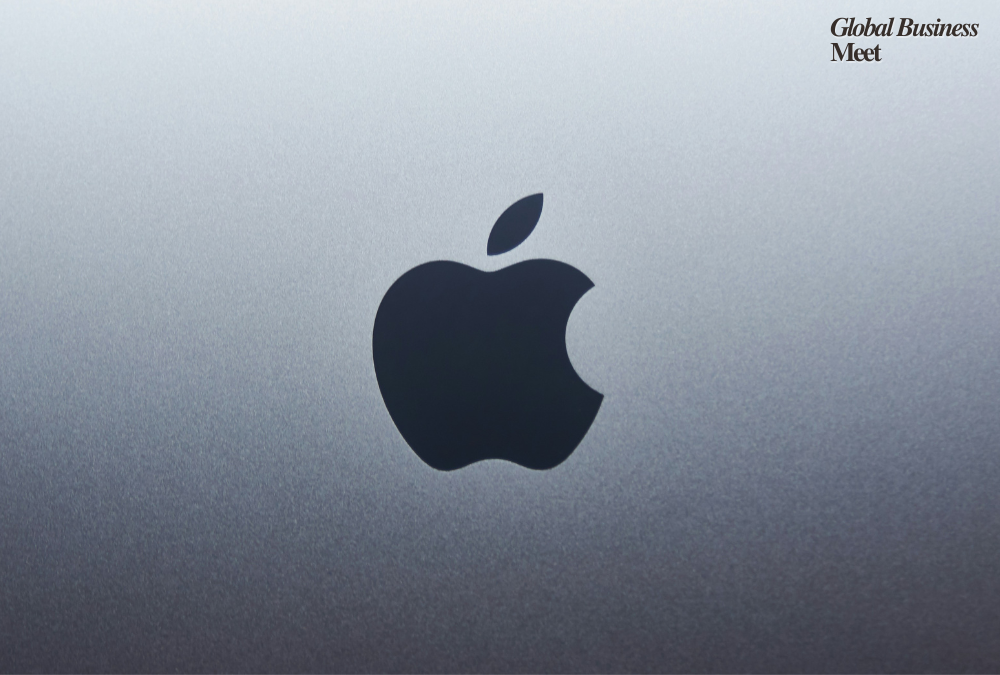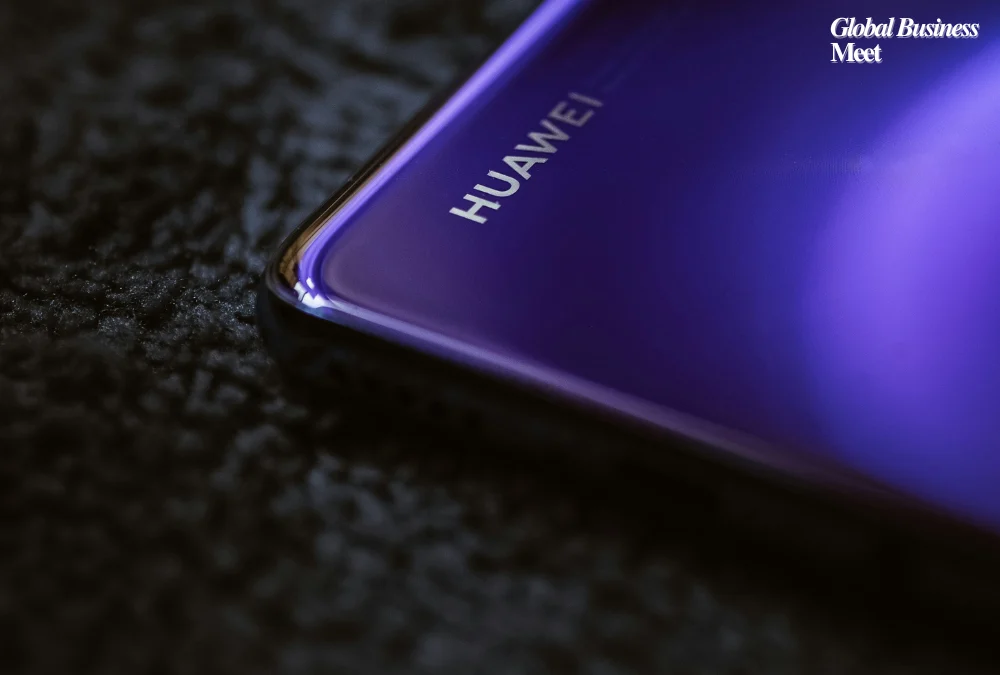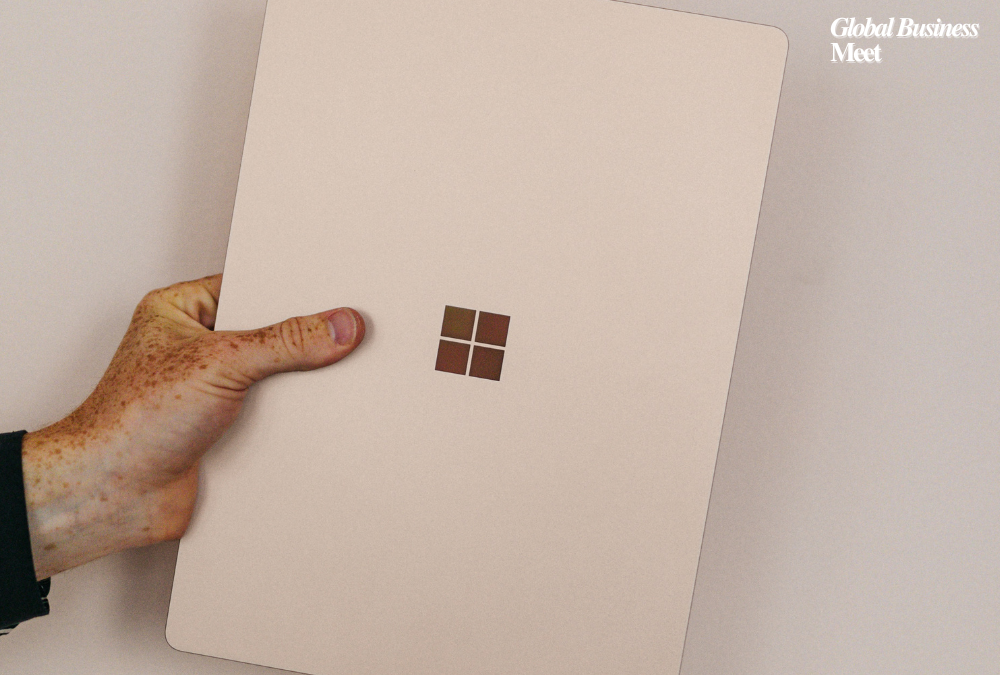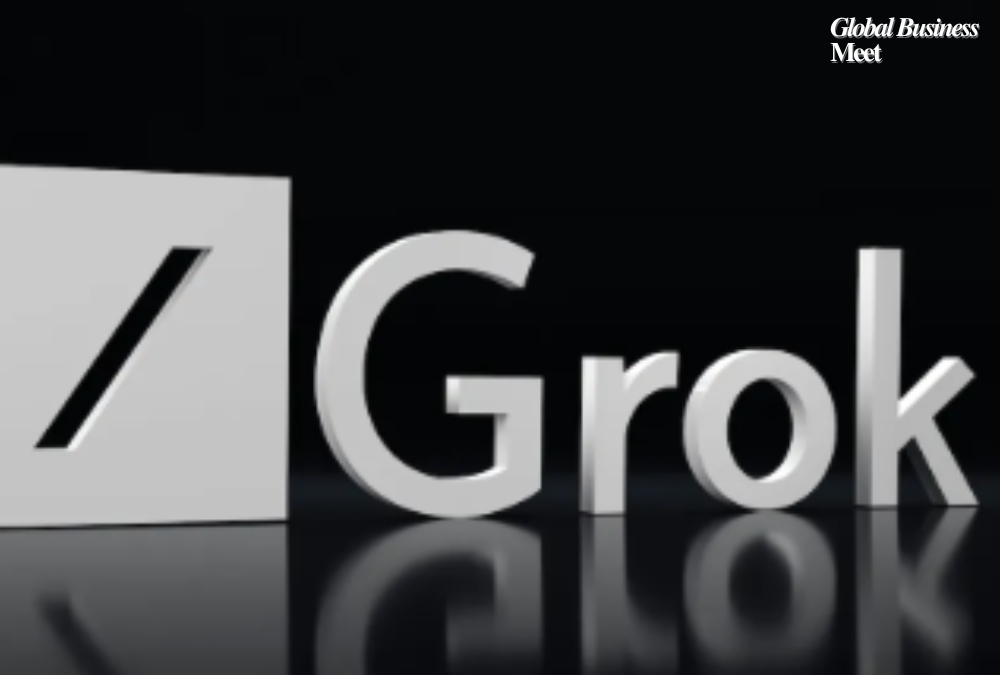
Six weeks of intense hearings in the Meta Platforms Inc. antitrust lawsuit have now come to an end. The FTC’s position is that Meta breached competition rules by snapping up Instagram and WhatsApp so it could boost its position in social media. Thirty-eight witnesses, among them Meta CEO Mark Zuckerberg, were questioned during the trial as the main focus.
Inside Meta records from the early 2010s, the FTC says, Zuckerberg and other leaders saw both Instagram and WhatsApp as jeopardizing Facebook’s market advantage. The FTC says the company made the decision to purchase rather than go head-to-head with these other companies. The regulator believes the firm’s use of this strategy helped Meta become more dominant in social networking and weakened both competition and consumer choice.
Meta said it had legitimate reasons for making all of its acquisitions. According to the company, Instagram and WhatsApp have developed further since joining Meta, accepting the supply of more infrastructure, resources and security. Meta’s attorneys pointed out that TikTok, Snapchat and YouTube also present a lot of competition for social networking users, making the market more versatile than the FTC is suggesting.
A major aspect of the trial was establishing the relevant market. According to the FTC, Meta is considered the only major player in “personal social networking services,” but Meta believes they should also be seen as a leader in many entertainment and social services. How the court comes to understand this definition could mean a lot. Meta might be forced to sell Instagram and WhatsApp to another company if the judge accepts the FTC’s narrow view of the market.
Many are considering the case to be a major development in the enforcement of antitrust law. If the FTC wins this case, it could mean regulators will start being more aggressive about tech mergers and acquisitions in the future. Better results for Meta would further complicate the task of using traditional antitrust rules in today’s constantly evolving digital economy.
Soon, there will be a final verdict and the result might affect how tech giants manage their acquisitions in years ahead.

